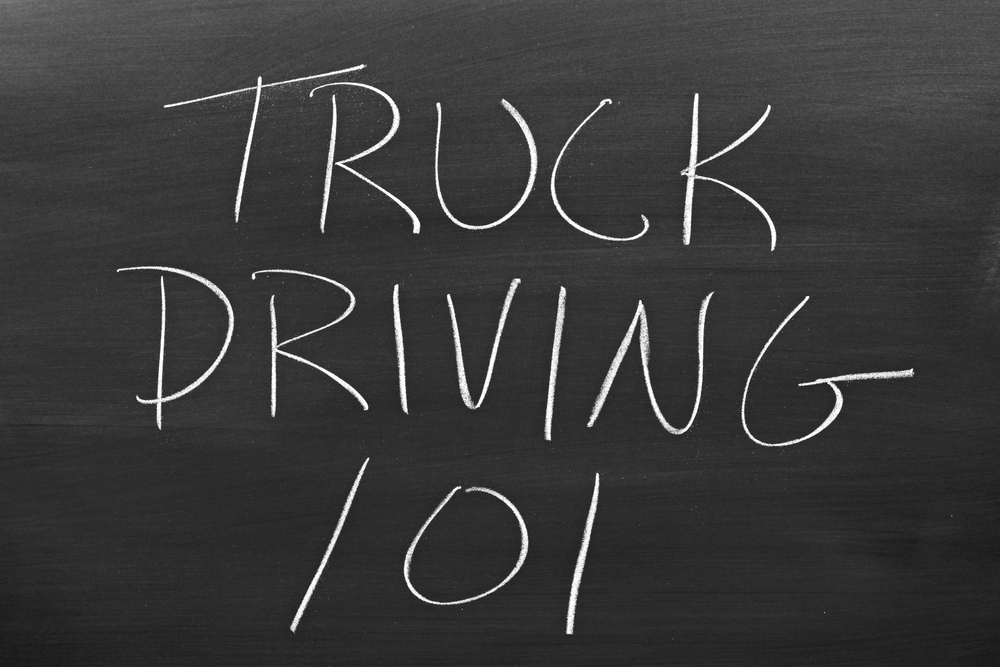

If you are considering a career in trucking, you have likely begun looking at CDL classes. You may be asking, why do I need a CDL? What can I expect during the process? What are my options for CDL training?
We are hoping to answer a few of those questions today!
What is a CDL?
One of your first questions, when you begin to consider a career in trucking, often is what a CDL is? A Commercial Drivers License (CDL) is what the Department of Transportation requires every driver to obtain before being able to work professionally as a truck driver.
There are three types or classes of CDLs, Class A, Class B, and Class C. A Class A CDL allows you to drive Tractor-trailers (also known as semi-trucks, 18-wheeler, or a Big Rig) along with other various combinations. This is the class of CDL you will need for a career in trucking.
What You Need
Before you can begin CDL training, you are required to obtain a CDL learners permit in your home state. It is wise to keep the following in mind while you are going through the process of obtaining a learners permit:
- Your driving record will be pulled from the past ten years in every state.
- You will be required to pass a DOT physical and present a DOT medical card.
- You must have proof of medical qualification.
- You will need to have your permit for 14 days before attempting the CDL skill test.
Your driving record needs to be as close to perfect as possible. A single speeding ticket, DUI, or failed drug test can completely disqualify you from obtaining a CDL. You wouldn’t want someone driving an 80,000-pound vehicle that has a poor driving record.
What Type of Training
There are two types of CDL training schools, private training and paid training. What’s the difference?
Private CDL training schools are:
- Independently owned and operated
- Require payment upfront in the form of cash, a grant, or a student loan
Paid CDL training schools are:
- Owned and operated by trucking companies
- Require little to no money upfront
- You will be required to work for the company afterward for a set amount of time
Choose which CDL training is right for you is important, and multiple factors go into this. There are upsides and downsides to both! Private schools are more likely to work with you at your pace, while a paid training program is much more like a competition. It is important to do your own research and pick what is best for you as this isn’t a one size fits all!
Your Driver History
Most companies are going to want at least three years of a clean driving record. This means no speeding tickets or careless driving, or anything else that could be considered reckless driving. It is important to be upfront and honest about your driving history!
Skills
What will you learn during your CDL training? You will learn all about the various road signs and regulations, how to maneuver a large vehicle carrying a heavy load, the proper road signals, the different road signals based on the truck you drive, map reading and planning trip logs, how to manage logbooks, and other various maneuvers with a large truck.
You should also be learning about how to couple and uncouple a trailer, shifting, road drivings, and pre and post inspections should also be taught!
Closing
Obtaining your CDL license is just the beginning of your road to your trucking career. There are many different aspects of trucking to consider before obtaining your CDL!
Here at FCC, we care about our driver and their families. Consider driving for FCC today!






